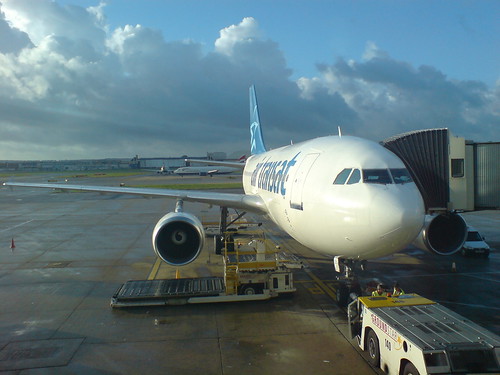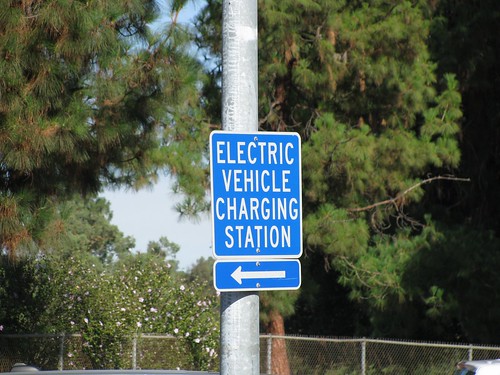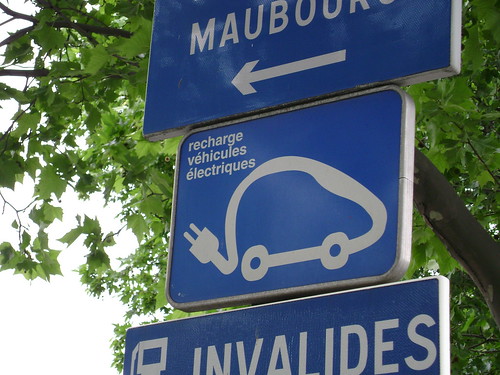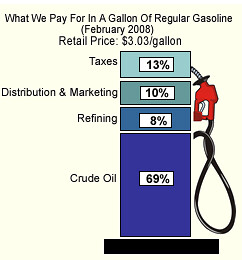Recent Events
U.S. Senator Barbara Boxer Announces Principles for Global Warming Legislation. On February 3, S
en. Barbara Boxer (D-CA) announced her intent to move quickly on global warming legislation and issued principles that she would like to see included. These include setting short and long term emissions targets that are certain and enforceable, using a carbon market to fund various efforts to reduce GHG emissions, and ensuring a level global playing field so that countries contribute their fair share to GHG emissions reductions. For more information including a link to Sen. Boxer’s Principles, see the Committee’s press release.
House Subcommittee Receives Testimony on Surface Transportation Energy Reduction.On January 27, the House Transportation and Infrastructure Subcommittee on Highways and Transit heard from nationally recognized transportation experts and a panel of industry representatives about ways to reduce energy consumption and promote sustainability in the surface transportation sector. Video of the proceedings and written testimonies (scroll down) are available on the Subcommittee website.
United Nations Conference on Trade and Development Holds Meeting on Maritime Transport and the Climate Change Challenge. On February 17, FHWA’s Mike Savonis presented (via videoconference) results from USDOT’s Gulf Coast Study Phase I to an international audience in Geneva. Additional information and presentations from the three-day event are available on the meeting website.
U.C. Davis Provides Congressional Briefing on Low-Carbon Transportation Policies & Strategies. On January 12, 2009, the University of California at Davis (UC Davis) Institute of Transportation Studies provided a briefing to Congressional staffers on the future of low-carbon transportation. More information about UC Davis climate change activities is available on the UC Davis ITS website.
House Subcommittee Conducts Hearing on Monitoring GHG Emissions. On February 24, the House Science and Technology Subcommittee on Energy and Environment conducted a hearing on how to monitor, report and verify greenhouse gas emissions. The purpose of the hearing was to determine the federal role in the funding of research and development of monitoring technologies as well as models to support reliable baseline data for GHG emissions. The subcommittee heard testimony from businesses, government agencies, and localities on procedures and methods that can be used to monitor, report, and verify greenhouse gas emissions. More information can be found on the Committee’s website at: http://science.house.gov/publications/hearings_markups_details.aspx?NewsID=2359

State News
Oregon Governor Introduces VMT Fee Legislation. Following a study on charging a Vehicle Miles Traveled (VMT) fee in place of a state gas tax, the Governor of Oregon introduced legislation that could move the state closer to adopting a per mile road user fee in place of the 24-cent per gallon gas tax. Governor Kulongoski’s Jobs and Transportation Act of 2009 requires the Oregon DOT to develop VMT fee collection technology that could be used to replace the gas tax. The Act also directs Oregon DOT to further study gas tax alternatives.
Click here to read the entire newsletter.
 (Source: Wall Street Journal)
(Source: Wall Street Journal)









